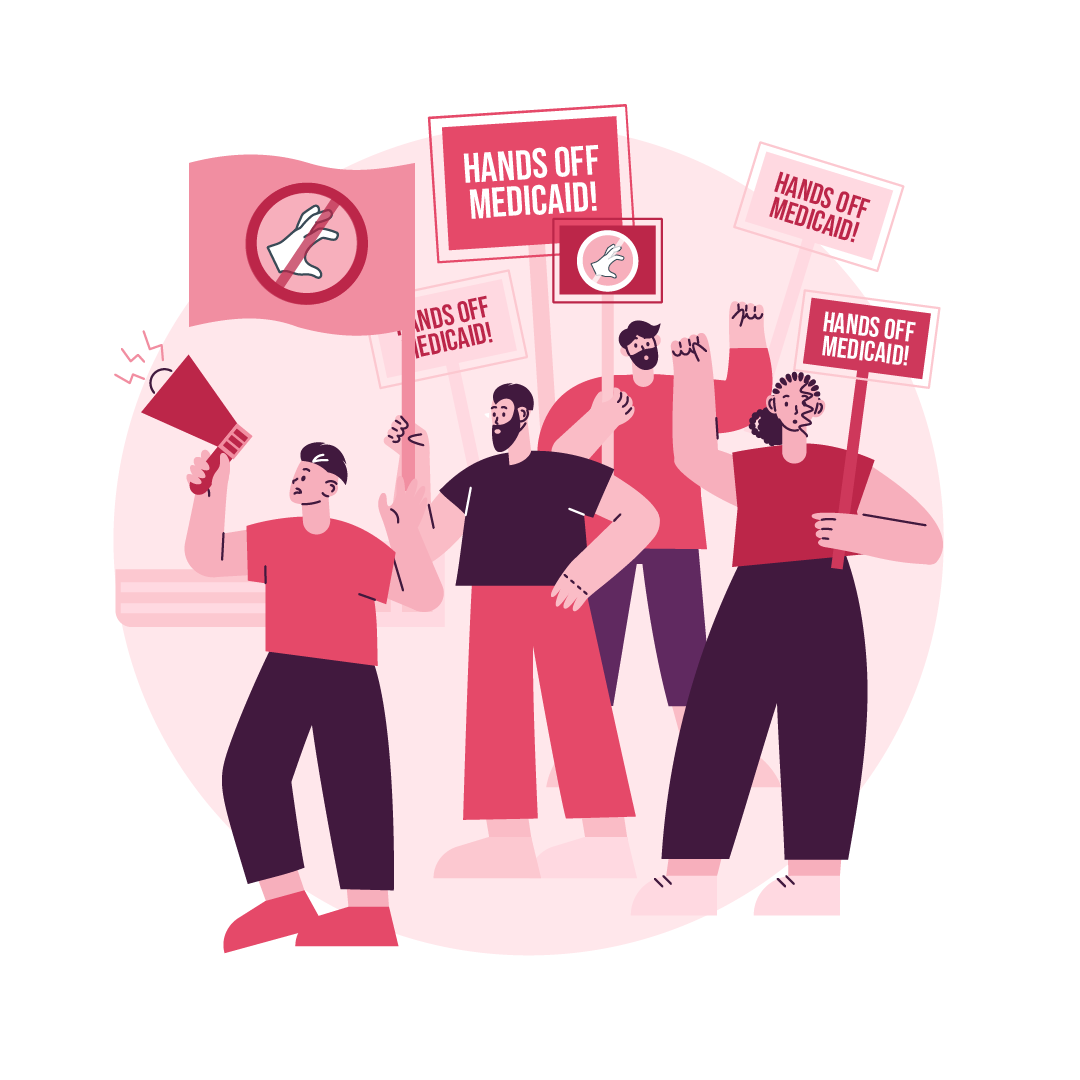
Repealing the Affordable Care Act without Replacement Would Be a Disaster
By Stan Dorn,
07.19.2017
Late last night, Senate Majority Leader McConnell announced that he will not hold a vote on the Better Care Reconciliation Act (BCRA), the bill that repeals and replaces the Affordable Care Act (ACA). Instead, McConnell now proposes to revive 2015 legislation that simply eliminates the ACA’s coverage provisions and funding mechanisms, without saying what would take their place.
More people would lose insurance under the repeal-only bill than with “repeal and replace” legislation adopted by the House and rejected by the Senate
- All Medicaid expansion would end in two years, along with tax credits and cost-sharing reductions that help consumers afford private insurance.
- Fully 32 million people would lose their coverage under the 2015 bill, according to the Congressional Budget Office (CBO).
- The repeal bill would take Medicaid away from 19 million people, according to CBO. Most would have nowhere else to turn for health coverage and go uninsured.
- The number of uninsured would be even greater than without the ACA, since a repeal-only approach would destabilize the individual market by forcing insurers to offer coverage despite the immediate termination of all tax penalties for going without insurance; this would cause 18 million people to become uninsured during the first year following the bill’s enactment, according to CBO.

Coverage losses, by state
The Urban Institute has estimated the number who would lose coverage in each state; the amount of federal funding each state would lose; and the detailed characteristics of each state’s residents who would become uninsured, which includes deeply troubling information.
People with pre-existing conditions would face skyrocketing premiums
On paper, the repeal-only bill would preserve current protections for people with pre-existing conditions. But without tax credits, cost-sharing reductions, and penalties that encourage healthy people to enroll, these protections would quickly become meaningless, as coverage becomes unaffordable and unavailable.
Most people retaining individual coverage would have health problems, so premiums would skyrocket. According to CBO, premiums would:
- Rise by 20 to 25 percent the year immediately following enactment of a repeal-only bill;
- Increase by 50 percent the year that subsidies and Medicaid expansion end; and
- Double within 10 years.
The ACA’s tax credits would no longer help low- and middle-income consumers afford these costs.
Rising premiums would lead to a death spiral in the individual health insurance market
A death spiral would rapidly result. Higher premiums would drive the healthiest remaining consumers out of the market, further increasing premiums, further driving out relatively healthy consumers, etc.
Many insurers would immediately withdraw from the individual market, rather than face this scenario. CBO projects that, the very first year following enactment, half of the country’s population would live in areas without a single insurer offering individual coverage. That proportion would rise to 75 percent within 10 years. Most consumers, with or without pre-existing conditions, would be unable to purchase individual-market coverage, at any price.
Repeal would risk economic damage
Researchers at George Washington University project that a repeal-only bill’s reduction to health care spending would cost the nation 2.6 million jobs, with damaging effects on each state’s economy and budget.
Robin Hood in reverse
This money saved by taking health insurance away from millions of low- and middle-income Americans would be used to fund roughly $600 billion in tax breaks for the wealthy and large health care corporations.
The Senate should emphatically reject this grotesque legislation.




